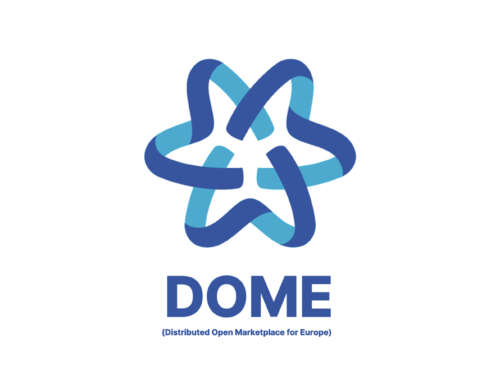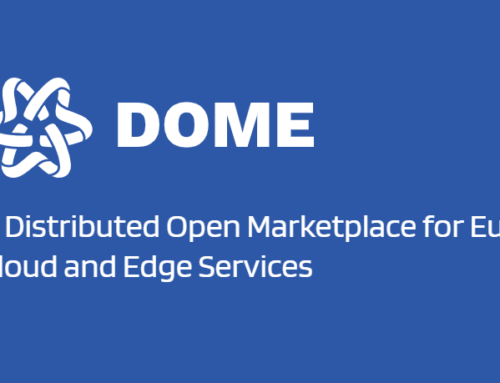TeamDev, through its brand WiseTown, promotes digitalization tools for the improvement of public policies and administrative processes. We work for an optimization of time and resources of public administrations.
TeamDev and the digitalization of public sector
Talking about smart cities sector, the core part of WiseTown’s dashboards, DSS are composed of three main parts: the knowledge base, the Model Management System (MMS) and the user interface.
Bring the benefits of the digital revolution to public administrations is an urgent and necessary step in the path of digital transition. The main goal of the digitalisation of the public sector, however, is not about automating existing processes. It is about fostering an ambitious redesign of public administrations, which would, in turn, promote inclusion and eliminate inefficiencies.
DSS and data management in the digitalization process
First of all we need to achieve a high standards in public data management. Too often, data collected and used by public administrations are poorly managed, which creates suboptimal results. This applies both at the upstream phase, in which the same data are collected more than one time with no harmonisation among public databases, and the downstream phase, in which public bodies and private stakeholders cannot access useful data.
This is the backdrop for decision-support systems (DSS) aiming at improving policy-making. These are systems capable of optimizing data flows and correlating them, offering an accurate analysis of reality and supporting decisions and planning activities for actors of public sector.
DSS and Smart Cities
The knowledge base refers to the whole amount of external data collected from different sources (e.g. sensors, satellites, social media or open data) and the large number of procedural information internal to public administration. it is fundamental to integrate this kind of information with human inputs. Civic tech solutions in this field favour the exchange of information and feedback between citizens and local authorities, with positive effects on policy making.
Model Management Systems define the effectiveness of DSS. Model Management Systems in the smart city context should be field-specific. In other words, each area of urban management (e.g. healthcare, green areas, economic development, security or e-government) should have a dedicated model tailored to its specific needs. With this structure, the AI component of the system would be trained in less time and show better accuracy.
Finally, WiseTown DSS puts the attention on a too often undervalued element: the user interface. An advanced UX design is fundamental to make digital solutions easily accessible for users at different levels.
Francesca Nafissi, account manager of WiseTown, wrote about the topic on Business Reporter with a focus on FIWARE technologies.









